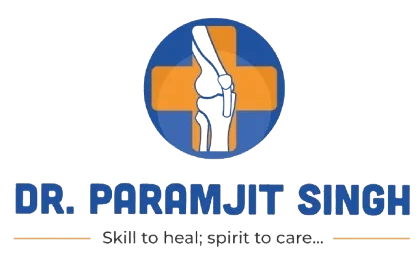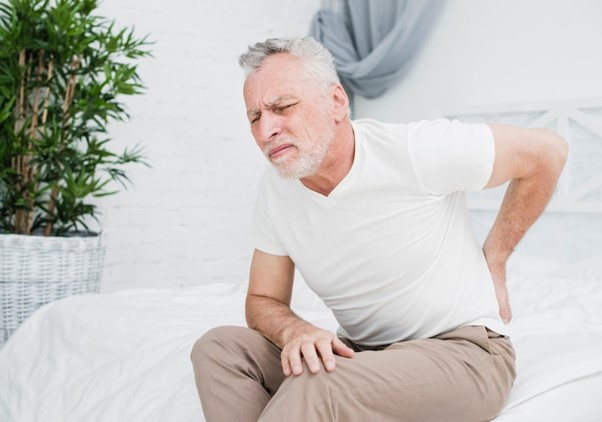What Is a Herniated Disk?
A herniated disk happens when the soft, gel-like core of a spinal disk protrudes through a tear in its tougher outer layer.
These disks act as cushions between the vertebrae, enabling flexibility and movement in the spine.
This condition results anywhere along the spine but is most often observed in the
- Lower back (lumbar region)
- Neck (cervical region).
Who Is Most at Risk?
Individuals aged 30 to 50 are at the highest risk for developing a herniated disk, with men being twice as likely as women to experience this condition.
Several factors can increase the risk of a herniated disk, including:
- Prolonged periods of sitting
- Being overweight
- Lifting heavy objects improperly
- Engaging in repetitive bending or twisting motions
- Smoking, which can weaken spinal disks over time
What Are the Symptoms of a Herniated Disk?
Symptoms of a herniated disk may vary depending on its location.
- Lumbar Disk Herniation: Common symptoms include sharp pain that radiates from the lower back down one leg (sciatica), as well as tingling or numbness in the legs or feet, and muscle weakness.
- Cervical Disk Herniation: Symptoms can include neck pain that radiates to the shoulders and arms, accompanied by tingling or numbness in the fingers and arms.
Pain often worsens with movement and improves with rest, making it essential to manage activities carefully.
How Is It Diagnosed and Treated?
Diagnosis usually includes a comprehensive evaluation by your doctor, who may recommend imaging tests such as an
- MRI
- CT scan
to verify the existence of a herniated disk.
In most instances, conservative treatments lead to improvement and may include:
- Home Care: Resting for short periods, using over-the-counter pain relievers, and applying heat or ice can alleviate discomfort.
- Medical Treatments: If symptoms persist, doctors may prescribe stronger medications, suggest physical therapy, or recommend spinal injections. In rare instances where other treatments fail, surgery may be considered.
Get Expert Care at KD Hospital!
If you’re experiencing pain from a herniated disk, don’t hesitate to seek help. KD Hospital is committed to providing tailored care and effective treatment options. Schedule your appointment today to regain the control of your health and enjoy a life free from pain!


